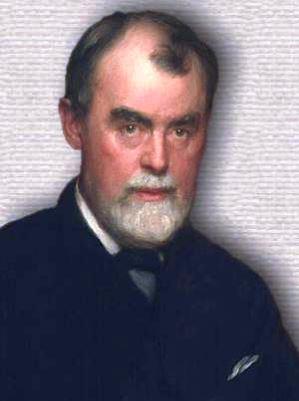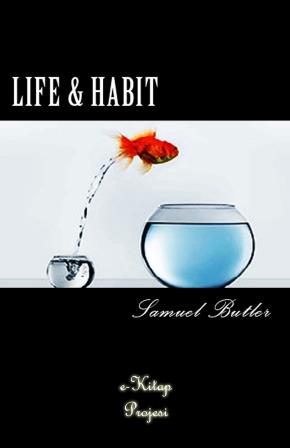More Search Results...

Samuel Butler (1835 – 1902) was an iconoclastic English author of a variety of works. Two of his most famous works are the Utopian satire Erewhon and the semi-autobiographical novel The Way of All Flesh, published posthumously. He is also known for examining Christian orthodoxy, substantive studies of evolutionary thought, studies of Italian art, and works of literary history and criticism. Butler made prose translations of the Iliad and Odyssey that remain in use to this day.
Butler was born on 1835 at the rectory in the village of Langar, near Bingham, Nottinghamshire, England, to the Rev. Thomas Butler, son of Dr. Samuel Butler, then headmaster of Shrewsbury School and later Bishop of Lichfield. Dr. Butler was the son of a tradesman and descended from a line of yeomen, but his scholarly aptitude being recognised at young age, was sent to Rugby and Cambridge, where he distinguished himself and launched his successful career. His only son Thomas wished to go into the Navy, but succumbed to paternal pressure and entered the Church, in which he led a wholly undistinguished career, all the more so in contrast with his father’s. It has been suggested that this family dynamic had some impact on Samuel, insofar as it created the oppressive home environment (chronicled in The Way of All Flesh) which formed his approach to the world. Thomas Butler, states one critic, “to make up for having been a servile son, became a bullying father.”
In any event, Samuel Butler’s relationship with his parents, and especially with his father, was largely antagonistic. His education began at home and included frequent beatings, as was not uncommon at the time. Samuel, however, found his parents particularly “brutal and stupid by nature,” and their relationship to him never progressed beyond the adversarial. He later recorded of his father that, “He never liked me, nor I him; from my earliest recollections I can call to mind no time when I did not fear him and dislike him…. I have never passed a day without thinking of him many times over as the man who was sure to be against me.” Under his parents’ influence, he was set on course to follow his father into the priesthood. He was sent to Shrewsbury at the age of twelve (where he did not enjoy the hard life under its then headmaster, Benjamin Hall Kennedy, whom he later drew as “Dr Skinner” in The Way of All Flesh). Then in 1854 he went up to St John’s College, Cambridge, where he obtained a first in Classics in 1858[4] (the graduate society of St John’s is named the Samuel Butler Room in his honour).
Life and Habit
One more point deserves notice. Butler often refers in “Life and Habit” to Darwin’s “Variations of Animals and Plants under Domestication.” When he does so it is always under the name “Plants and Animals.” More often still he refers to Darwin’s “Origin of Species by means Natural Selection,” terming it at one time “Origin of Species” and at another “Natural Selection,” sometimes, as on p. 278, using both names within a few lines of each other. Butler was as a rule scrupulously careful about quotations, and I can offer no explanation of this curious confusion of titles.
More info →
































